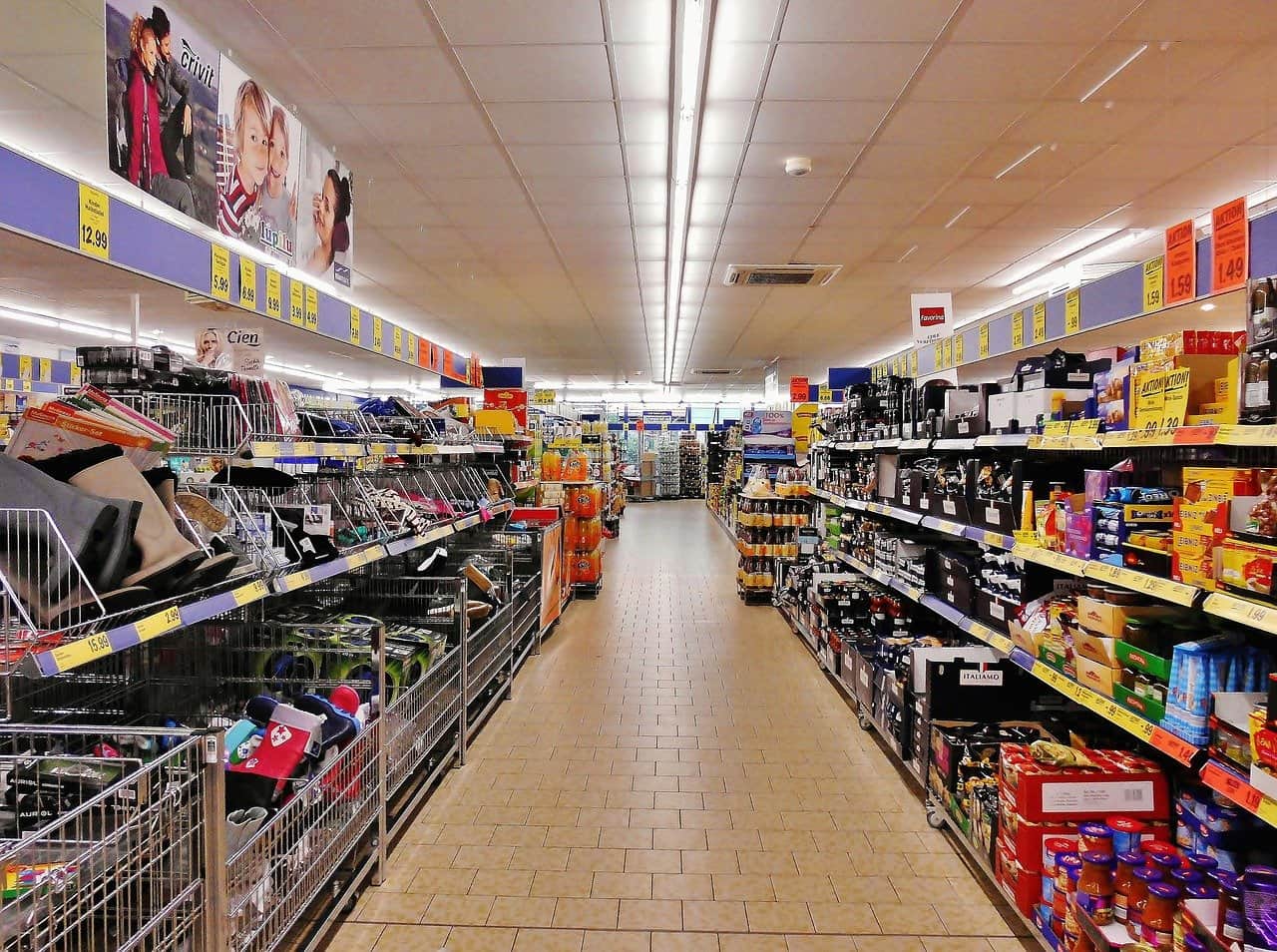

Image by Ulrich Dregler from Pixabay
British PM Boris Johnson is insisting that the return to tougher coronavirus restrictions in the UK does not amount to a renewed lockdown. But not everyone, it seems, is hearing him clearly.
For example, the giant supermarket chain Morrisons has begun rationing certain critical items in an effort to ensure they are not sold out due to hoarding by worried consumers.
The decision is similar to the moves that preceded the initial COVID-19 lockdown earlier this year, when retailers introduced limits to limit the impact of panic buying.
Morrisons said on Thursday it was limiting sales of flour, rice, cooking oil, cleaning products and Calpol. The latter is a pain relief medication for young children.
According to UK media reports, the perennial favourite of panic buyers – toilet paper – is also back in the spotlight. One big supplier has announced toilet roll sales are up by 23% in only a few days.
Also on the consumer stockpile list are pasta, tinned goods and pain tablets.
“Our stock levels of these products are good but we want to ensure that they are available for everyone,” said a spokesperson for Morrisons when the retail chain confirmed the buying restrictions.
Other supermarket retailers have also moved to reassure buyers that all will be well and that stocks will hold out.
“There is no need to buy more than you usually would. I would like to reassure you that our stores remain fully stocked and ask that you continue to shop considerately,” said Giles Hurley, Chief Executive of Aldi UK, in a note to customers.
Tesco, through its Chief Executive David Lewis, said stockpiling was unnecessary as all supply chains were operating as normal.
Nevertheless, Tesco is restricting online sales of certain items such as flour, face masks, flour and anti-bacterial products. This does not currently apply to in-store purchases.
As COVID-19 infections increase across the UK, Prime Minister Boris Johnson has unveiled a host of new restrictions which may be in force for six months.
The British PM told Parliament on Tuesday that the country was at a “perilous turning point” and needed to act urgency. There could be no complacency, he emphasised.